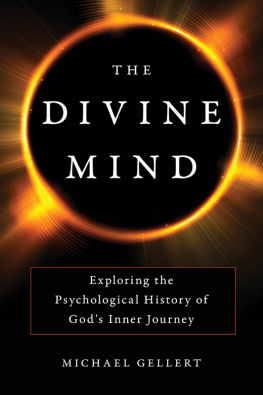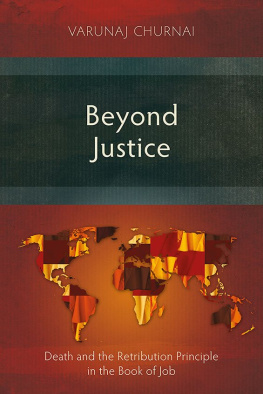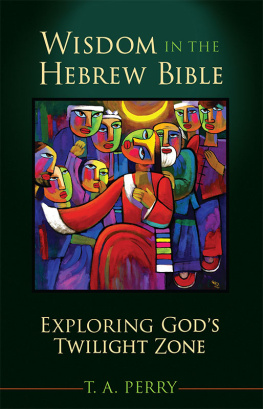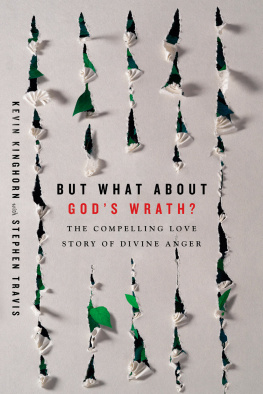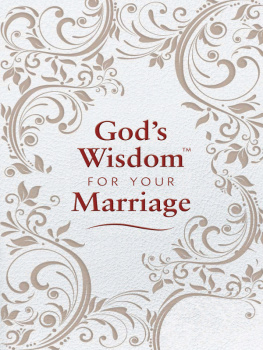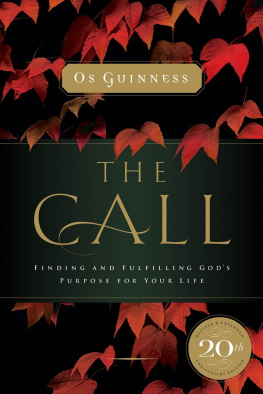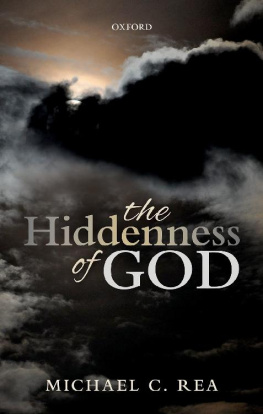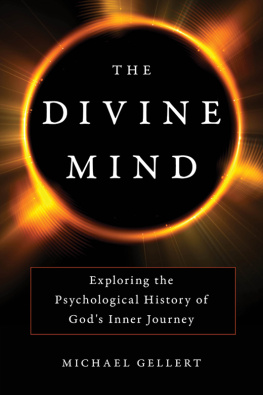Even if it is much ado about nothingness, this book did not develop in a vacuum. During the process of writing it, I have been blessed with family, friends, and colleagues who have given me moral support or who have otherwise helped, and I want to thank them.
The unsinkable Kimberley Cameron of Kimberley Cameron & Associates was, once again, everything one can hope for in an agent. She has been not only a creative collaborator and a tireless advocate in the publication process, but a kind and trustworthy friend over the years.
I am deeply grateful to everyone at Prometheus Books. In his appreciation of the adventure of ideas, Steven L. Mitchell, editor in chief, recognized the book's implications for a religious understanding for modern times and welcomed it into the company of Prometheus's titles. Special thanks go to Sheila Stewart, associate editor, not only for her consummate skills in polishing the manuscript and turning it into an elegant book, but for her generous spirit and patience as I struggled to meet deadlines. Graphic and web designer Liz Mills created the beautiful cover. Lisa Michalski, senior publicist, delivered the book to the world with gusto and precision. With her kindness and efficiency, editorial assistant Hanna Etu was helpful in many matters. Mark Hall, communications editor and metadata manager, managed informational presentation on the book for a variety of purposes. Cate Roberts-Abel, production and traffic coordinator, shepherded it to completion. Bruce Carle typeset and designed the interior of the book.
Charles Zeltzer, a good friend and a supple thinker, helped with a variety of concerns that arose in the writing process, ranging from biblical matters to the translation of Eckhart's and Angelus Silesius's German into English. Through our lively dialogue over many dinners, Steven Frank . In their collegial generosity, all four of the above read chapters from the book in an earlier form, and I am also thankful to them for their enthusiastic support of my writing over the years.
Judith Hecker evaluated the chapter on the Qur'an. Sherri Mahdavi introduced me to the poem of Saadi Shirazi quoted in the . Gary Dennis helped with the history of the kings of Israel and Judah and, in an unpublished paper, Creation, Chaos and Choice: A Short Reflection on Evil, with other scriptural matters. Gabrielle Klatsky shared her rabbi's thoughts on the Talmud. Although mentioned only in passing, the material on the quantum void and Big Bang theory is based on a number of discussions with Matilde Marcolli of Caltech.
Wendy Goldman Rohm was instrumental in the early publication process. Artist Penelope Etier Dinsmore offered some compelling options for a cover. Monika Wikman introduced me to some sacred stories of wounded gods outside the Abrahamic traditions. In sponsoring my talks on evil for the Public Programs of the C. G. Jung Institute of Los Angeles, Wendy Wyman-McGinty provided fertile opportunities for me to explore this subject, and this in turn contributed to the book's chapter on evil.
George Gellert, my loving brother, consistently encouraged me to keep going in the face of numerous obstacles. Noelle Gellert, my sister-in-law, was always a great hostess during my retreats at her home. My cousins Agi Orsi; Ernest, Esther, Etan, and Nir Lorant; and Ronit and Vern Buller and their children all helped make this recent period of writing rich and rewarding.
Norman Weinstein, a cherished friend since fifth grade, took the jacket photograph on our recent adventure to Africa. With his spiritual comradery and steady interest in the book's progress, Jerry Barclay, also one of my oldest and dearest friends, was a strong support. Ann Walker, a special friend who could always be counted on for her good cheer and good words, facilitated a review of the book in her capacity as book review editor for the journal Psychological Perspectives.
Last but certainly not least, Elizabeth Blas Cortes, my dedicated and competent assistant, has been a savior.
The order of history emerges from the history of order.
Eric Voegelin
Many people reading or hearing the words the Hebrew Bible equate them with the Old Testament, perhaps believing that the former is the term Jews prefer simply because Jews don't like to think of their scripture as old or dated or superseded by the New Testament. There is an element of truth to this. But the difference is far greater than that. The Hebrew Bible (sometimes also referred to as the Jewish Bible) and the Christian Old Testament are two different versions of the same scripture, giving, for all intents and purposes, alternate histories of what happened to both the Israelites and their God. Not only does the arc of their story vary according to which narrative you read but also the meaning of events in the larger scheme of things. Political philosopher Eric Voegelin calls this meaning of events the order of history, and, as the above quotation from him indicates, he believes that the meaning of events depends on how the events are meaningfully ordered.
Both the Hebrew Bible and the Old Testament consist of three parts. Originally in the form of scrolls, these were transferred during the Roman Empire into the then-new medium of codexespages sewn together into books. The Jews organized them one way, the Christians another:
| The Hebrew Bible: | The Old Testament: |
| I. The Five Books of Moses | I. The Five Books of Moses |
| II. The Prophets | II. The Writings |
| III. The Writings | III. The Prophets |
Both agree on the foundation of the Bible, but reverse the order of the last two categories. Why? We can only speculate, but the demands of history give us some hints. Jack Miles explains that the main thrust behind the Christian editor's arrangement was presumably his wish to better announce the New Testament by concluding the Old Testament with the prophets. This would more tangibly connect them to the Christian belief that the life of Christ fulfills their prophecies. The Old Testament editor was as conscientious about linking the Hebrew and Christian scriptures to each other as were the New Testament authors.
More specifically, the Old Testament appears to be designed to validate Christianity's theology of the ultimate, eschatological Apocalypse and the Second Coming of Christ. Its concluding words in the prophetic Book of Malachi predict, as the forerunner to the day of the Lord, the return of the prophet Elijah, whom Matthew much later equates with John the Baptist. This finale is similar to that of the New Testament's Book of Revelation, which also ends with this theme. This Day of Judgment will lead to a redemption and regeneration of the human condition but not without great upheaval first. By contrast, the Hebrew Bible ends with 2 Chronicles and on a note of redemption and regeneration already accomplished, namely, the return of the exiles to Jerusalem and the rebuilding of Solomon's Temple under the generous reign of King Cyrus of Persia (this First Temple had been destroyed by the Babylonians). With this climax, the historical apocalypse of the Babylonian exileat least this particular great upheavalis over, and the Jews, under the leadership of Ezra and Nehemiah, have a new lease on life. The difference in tone between the two conclusions is palpable. The last two verses of all three scriptures are as follows:

